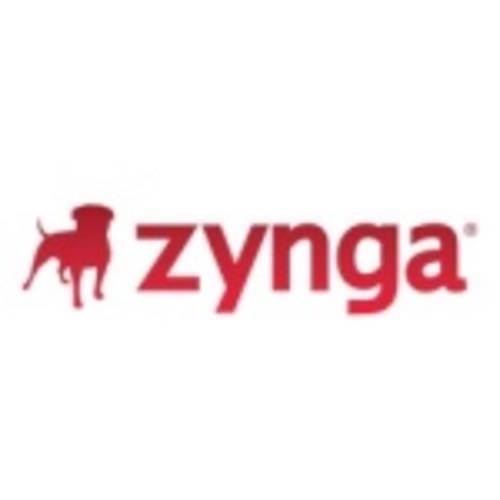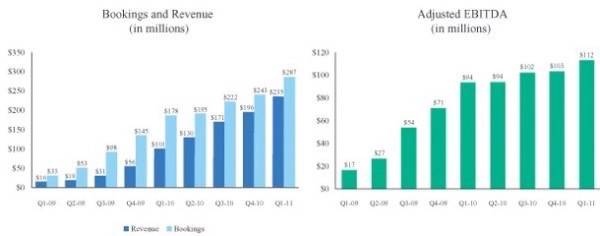As a company, Zynga has made a big bet on the concept of “play.” Now, the company is asking for investors to buy into their concept of play as well.

The social gaming company filed for an initial public offering today, which makes it the fourth major Web 2.0 company to travel down the IPO road this year. It follows LinkedIn and Pandora (both now trading) and Groupon (currently in the “quiet period” after filing earlier in June).
The Essence of Web 2.0
“To put the play macro in perspective, games have become the second most popular internet activity based on time spent, and have even surpassed email,” Mark Pincus, founder and CEO of Zynga, wrote to potential investors. “Our strategy from the beginning has been to build the biggest macro bet on social gaming to provide our players with the most accessible, social and fun games. Despite our rapid growth, we have been careful to build for the long term.”
Pincus says that Zynga is built on the fundamental principle that games are meant to be social, reaching into the essence of Web 2.0. According to Zynga’s internal metrics, players are spending 2 billion minutes a day playing Zynga games, with 60 million daily active users, 232 million monthly active users (spread across its various games) and 146 million unique month users (players who played one game at least once).
Pincus broke down Zynga’s philosophy:
Critics may argue with that final point. For every person who loves games like FarmVille, CityVille and Empires and Allies, there is another person who believe that those games are a pointless waste of time and a drain to society. Yet, it is the first point that investors may be the most critical of.
- Games should be accessible to everyone, anywhere, anytime.
- Games should be social.
- Games should be free.
- Games should be data driven.
- Games should be good.
Zynga Relies Almost Exclusively on Facebook
When Pincus wrote “anywhere, any time,” he should have added the words “on Facebook.”
Zynga has made nearly $1.5 billion in revenue since its inception in 2007 with nearly all its cash flow coming in 2010 and the first quarter of 2011, ending March 31. The company is profitable, though it warns that its rapid growth may mean that it is not profitable on a quarter-to-quarter basis.

That growth is reminiscent of Groupon’s. Its IPO filing gave investors a close look at the company’s financials for the first time only for them to realize that the daily deals company spends so much in acquiring and retaining users that it has not had a quarter where it posted an operating profit in its entire history. Zynga is different. Its primary operating costs are tied into data hosting through Amazon Web Services, research and development and talent (read: developer) acquisition. Zynga has about 2,000 employees, 92% of which have been hired within the last two years.
The biggest risk factor to Zynga is the fact that Facebook is its primary mode of distribution, marketing, promotion and payment. Zynga has fully implemented Facebook Credits as its primary payment plan and receives 70% of every dollar spent through the social network’s payment system. When laying out the risk factors in its filing, it is no coincidence that Facebook is the first factor mentioned: “We generate substantially all of our revenue and players through the Facebook platform and expect to continue to do so for the foreseeable future.”
Zynga makes nearly all of its revenues through paying players with advertising its secondary source of revenue. Of the $235 million in revenue Zynga created in the first quarter of 2011, only $12 million or so came from advertising.

Zynga is working on creating more mobile games but its business model is built on the Facebook browser platform. If Facebook is hurt, Zynga will not survive. Even with a high end of 750 million users, Facebook is not invincible. Little on the Internet has proven to be permanent.
The Value Proposition
It all boils down to “play.” In its filing, Zynga makes pains to position itself as an “entertainment” company. It breaks down the world entertainment industry (which it calls the Wordwide Entertainment Market) and notes that gaming is a $31 billion dollar segment of a $1 trillion market. The biggest question for Zynga is if it can continue to innovate its games to take a slice of that pie and move to mobile devices, where the likes of Rovio’s Angry Birds, continue to dominate.
Investors work with dollars. Will they put their work into play?
















